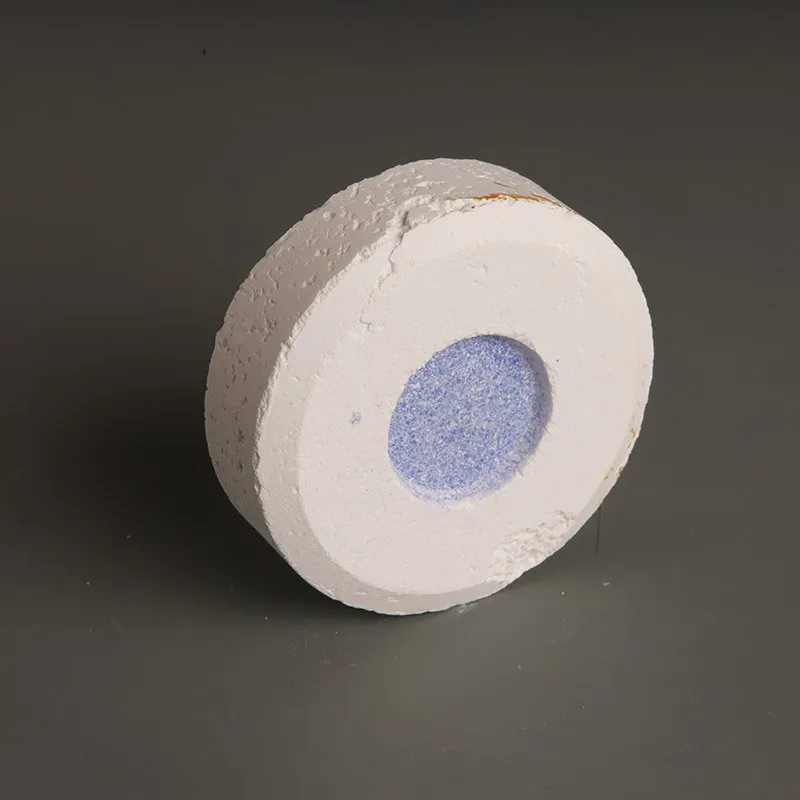



sodium chlorate electrolysis
Electrolysis of Sodium Chlorate An Overview
Electrolysis is a fascinating process that harnesses electrical energy to drive a chemical reaction. One notable example of electrolysis is the production of sodium chlorate (NaClO3) from sodium chloride (NaCl) solution. This process is significant not only in the chemical industry but also in environmental applications, such as disinfection and water treatment. This article will explore the electrolysis of sodium chlorate, its mechanisms, applications, and considerations.
The Process of Electrolysis
The electrolysis of sodium chloride solution involves the decomposition of sodium chloride into its constituent elements while forming sodium chlorate as a major product. A typical setup comprises an electrolytic cell containing two electrodes an anode and a cathode, submerged in a concentrated NaCl solution. When a direct current passes through the solution, several reactions take place.
At the anode, oxidation occurs. Chloride ions (Cl⁻) are oxidized to chlorine gas (Cl₂), which is released as a byproduct. The reaction can be represented as follows
\[ 2Cl^- \rightarrow Cl_2(g) + 2e^- \]
Meanwhile, at the cathode, water is reduced to produce hydroxide ions (OH⁻) and hydrogen gas (H₂)
\[ 2H_2O + 2e^- \rightarrow H_2(g) + 2OH^- \]
As the electrolysis continues, the hydroxide ions generated at the cathode react with sodium ions (Na⁺) from the sodium chloride to form sodium hydroxide (NaOH). The chlorine gas generated at the anode further reacts with the sodium hydroxide created in the cell to form sodium chlorate through the following reaction
\[ 3Cl_2 + 6NaOH \rightarrow 5NaCl + NaClO_3 + 3H_2O \]
sodium chlorate electrolysis

This reaction demonstrates the dynamic balance and transformation within the electrolysis process, leading to the production of sodium chlorate.
Applications of Sodium Chlorate
Sodium chlorate has diverse applications, mainly as a bleaching agent in the paper and pulp industry. It is favored due to its strong oxidizing properties, making it an effective agent for breaking down lignin in wood fibers, resulting in whiter and purer paper products.
Additionally, sodium chlorate is utilized in herbicides, where it functions as a non-selective weed killer. Its ability to disrupt the chlorophyll synthesis in plants impairs their photosynthetic capabilities, leading to their death. Moreover, sodium chlorate plays a critical role in the production of chlorine dioxide (ClO2), a powerful disinfectant widely used in water treatment and sanitation processes.
Environmental Considerations
While sodium chlorate is beneficial in various applications, its production and use come with environmental and safety concerns. Chlorine gas, a byproduct of electrolysis, is toxic and must be handled with care. Adequate safety measures should be implemented in facilities that perform sodium chlorate electrolysis to prevent accidents and ensure worker safety.
Furthermore, the release of sodium chlorate into the environment can lead to ecological disturbances, particularly in aquatic systems. It is vital to monitor and manage the disposal of wastewater generated during its production to mitigate potential risks to fish and other aquatic organisms.
Conclusion
The electrolysis of sodium chlorate is a compelling example of how electrical energy can drive chemical transformations to create valuable industrial products. Understanding the mechanisms and implications of this process is crucial for optimizing production methods and ensuring environmental safety. As industries continue to seek sustainable and efficient solutions, the role of sodium chlorate in various applications is likely to remain significant, warranting ongoing research and innovation in this field.
-
Why Sodium Persulfate Is Everywhere NowNewsJul.07,2025
-
Why Polyacrylamide Is in High DemandNewsJul.07,2025
-
Understanding Paint Chemicals and Their ApplicationsNewsJul.07,2025
-
Smart Use Of Mining ChemicalsNewsJul.07,2025
-
Practical Uses of Potassium MonopersulfateNewsJul.07,2025
-
Agrochemicals In Real FarmingNewsJul.07,2025
-
Sodium Chlorite Hot UsesNewsJul.01,2025










